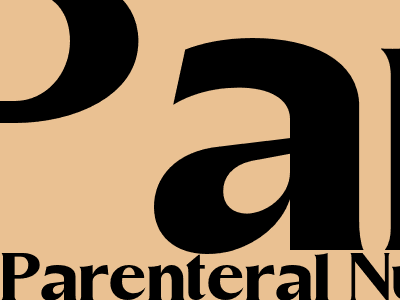The Ultimate Guide to Parenteral Nutrition
What is Parenteral Nutrition (PN)?
Parenteral nutrition (PN) is a life-sustaining medical treatment that provides essential nutrients directly into a vein when a person is unable to get adequate nutrition orally or enterally (through the digestive tract).
PN bypasses the gastrointestinal tract and delivers nutrients directly into the bloodstream, meeting the body's metabolic needs for carbohydrates, proteins, fats, vitamins, minerals, and electrolytes.
Indications for PN
PN is indicated in a variety of clinical situations, including:
- Severe gastrointestinal disorders (e.g., Crohn's disease, ulcerative colitis, short bowel syndrome)
- Major abdominal surgeries
- Severe burns li>Multi-organ failure
- Prolonged unconsciousness
- Cancer treatments that affect the gastrointestinal tract
Types of PN
There are two main types of PN:
Total Parenteral Nutrition (TPN)
TPN provides all the necessary nutrients for maintenance and growth. It is used when a person is unable to take any nutrition by mouth or through the gastrointestinal tract for an extended period (usually more than a week).
Partial Parenteral Nutrition (PPN)
PPN provides some, but not all, of the necessary nutrients. It is used when a person is able to take some nutrition orally or enterally, but not enough to meet their full nutritional needs.
Components of PN
PN solutions typically contain:
- Carbohydrates (e.g., glucose, dextrose)
- Proteins (e.g., amino acids)
- Fats (e.g., lipids, triglycerides)
- Vitamins
- Minerals
- Electrolytes
The specific composition of PN solutions is tailored to the individual patient's needs.
Administration of PN
PN is administered through a central venous catheter, which is a long, thin tube that is inserted into a large vein in the chest or arm. The catheter is connected to an infusion pump that delivers the PN solution at a controlled rate.
PN is typically administered for 12-18 hours per day, although the duration and frequency of administration may vary depending on the patient's condition.
Complications of PN
Like any medical treatment, PN can have potential complications, including:
- Infection
- Blood clots
- Electrolyte imbalances
- Liver problems
- Metabolic bone disease
The risks of PN can be minimized with proper monitoring and management.
Conclusion
Parenteral nutrition is a life-sustaining medical treatment that provides essential nutrients directly into a vein. It is used in a variety of clinical situations when a person is unable to get adequate nutrition orally or enterally. PN is a complex therapy that requires careful monitoring and management to minimize the risk of complications.

Comments